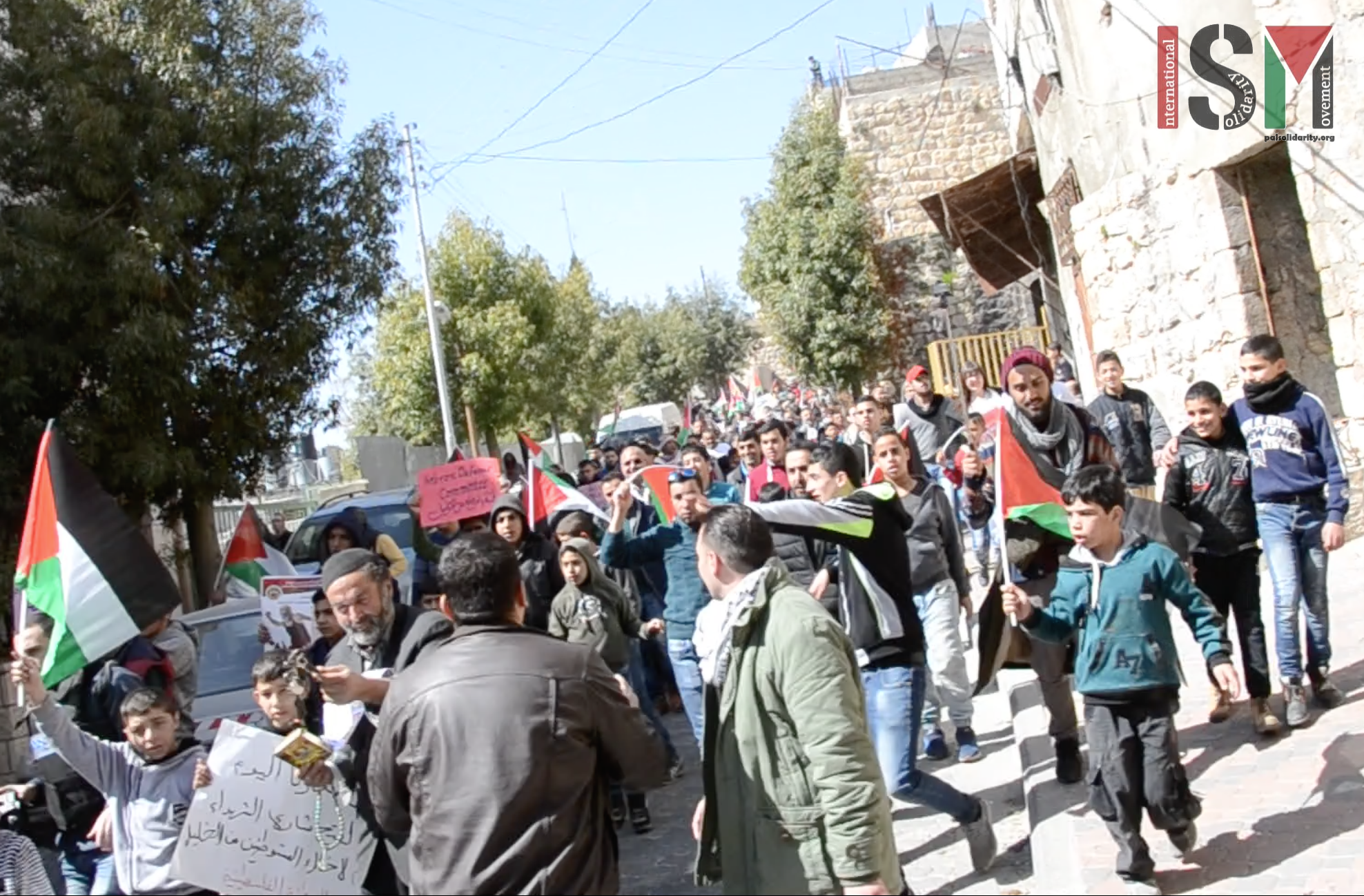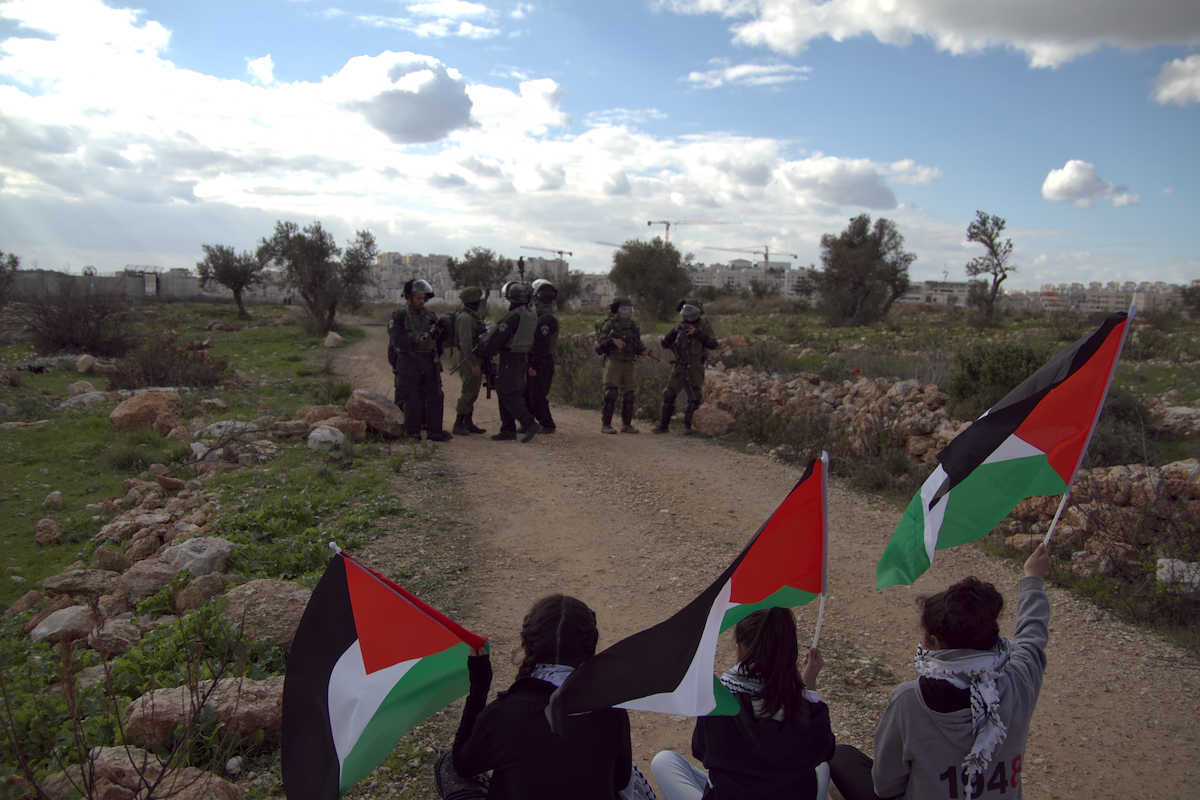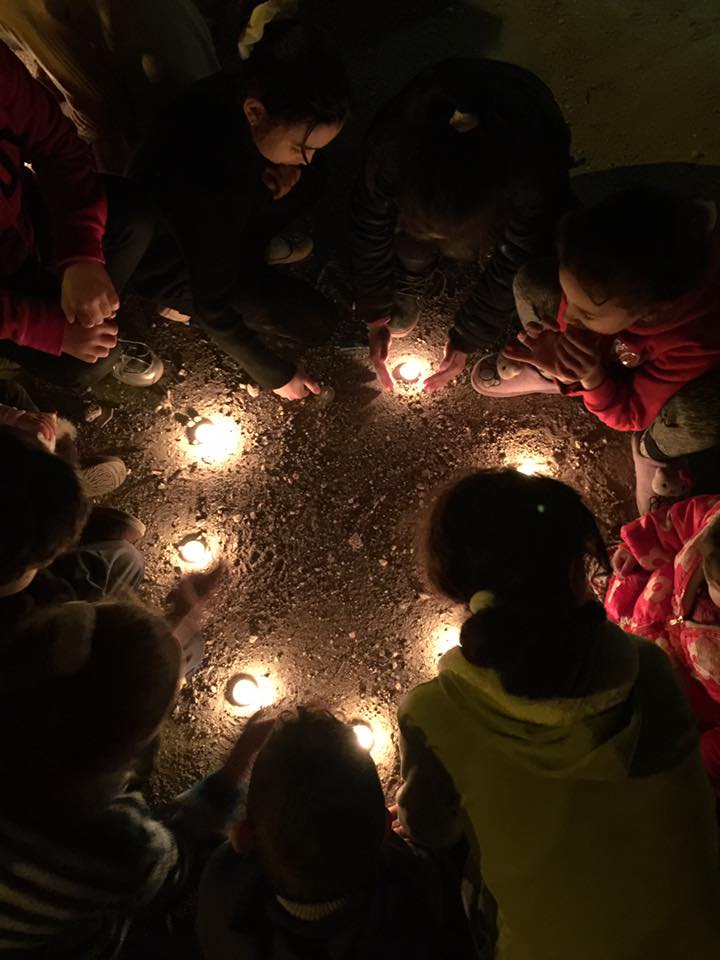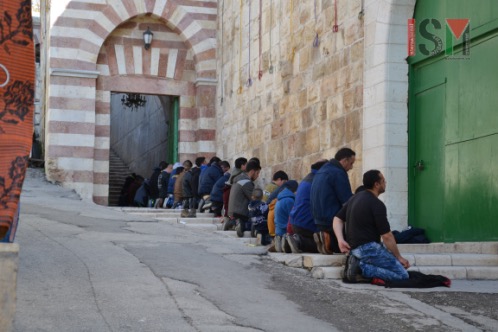Category: Reports
-
Susya faces demolition for the eighth time
27th February 2017 | International Solidarity Movement, al-Khalil team | Susya, occupied Palestine The village of Susya in the south Hebron hills faced complete demolition again yesterday as the Israeli court, and the villagers, waited for the Israeli government to announce its plan for demolition. The Israeli government asked the court for a 48 hour…
-

Israeli army attacks peaceful demonstration in Hebron and injures protesters : eye-witness accounts
24th February 2017 | International Solidarity Movement, al-Khalil team | Hebron, occupied Palestine On 24th February several hundred people joined together for a demonstration in al-Khalil (Hebron) in occupied Palestine. Palestinians, Israelis and international activists protested together against the occupation of Shuhada Street and Tel Rumeida in the heart of the city, closed by the military…
-

12th anniversary of the popular resistance in Bil’in
18th of February, 2017 | International Solidarity Movement, Ramallah team | Bil’in, Occupied Palestine The 17th of February marked the 12th anniversary of the popular resistance of the people of Bil’in against illegal Israeli settlements and the apartheid wall. Throughout these 12 years there have been protests every week by the people of the village,…
-
Khalil children: a candlelit vigil for the 1994 massacre
20th February 2017 | International Solidarity Movement, al Khalil team | Hebron, occupied Palestine On February 19th children from al Khalil came together at dusk in the old city to light candles to commemorate the 29 Palestinian men who died in the massacre at the Ibrahimi mosque here in al Khalil in 1994. They sang…
-
Israeli forces are solidifying their grip on Hebron
17th February 2017 | International Solidarity Movement, al-Khalil team | Hebron, occupied Palestine On February the 3rd 2017, a new permanent stone checkpoint in front of the Ibrahimi mosque in occupied Hebron, was brought into use. The checkpoint, which has been under construction since July 2016, was thus inaugurated just one month before the 23rd…


